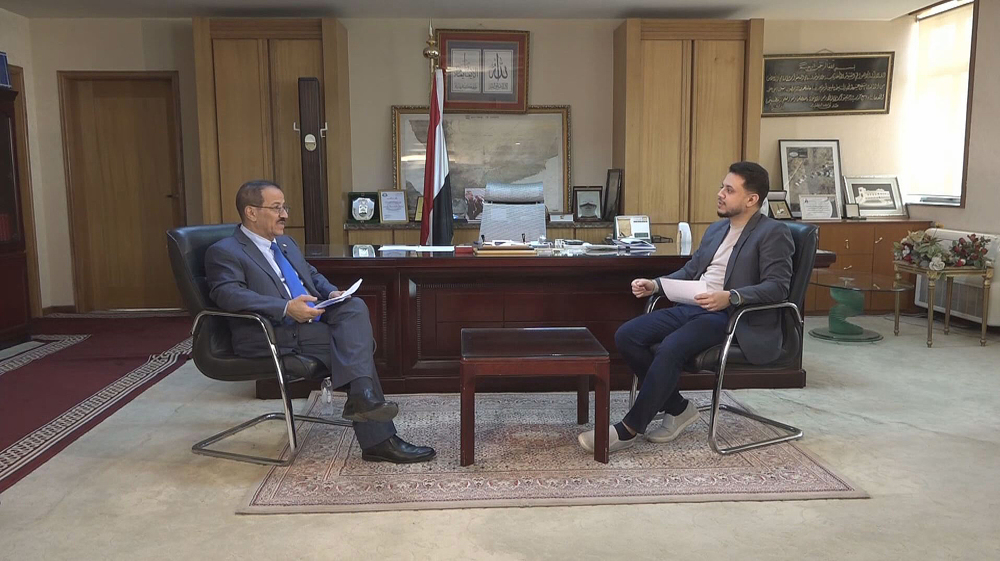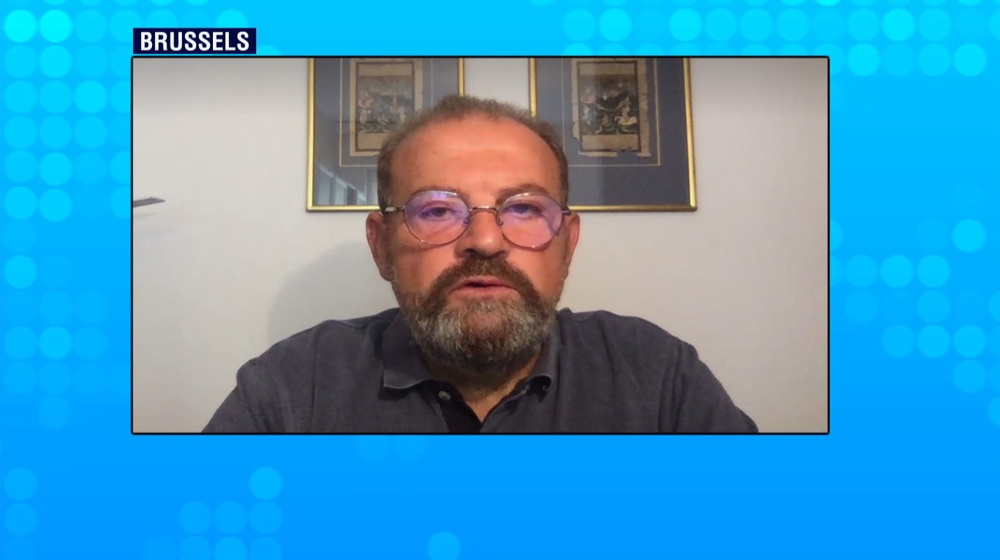Mark Weber: Riyadh not interested in Yemen peace
Press TV has interviewed Mark Weber, the director of the Institute for Historical Review from California, on the developments surrounding the Saudi campaign against Yemen.
Following is a rough transcription of the interview.
Press TV: We’re seeing Saudi Arabia playing a double game here, on the one hand bombing Yemen, on the other, coming to the negotiating table? Why is this happening?
Weber: Because whenever there is a conflict like this and there’s an outside call for peaceful negotiations, no side wants to appear that it is opposed to peace. Very often countries, even when they’re carrying out military actions, will go through the motions, seeming to support a peaceful negotiation, when they really don’t.
And that’s what’s happening in this case. Saudi Arabia is going to continue its military involvement in Yemen for reasons that the Saudi leaders have already made clear and it’s going to be more clear in the months ahead, I think.
Press TV: How can one be optimistic about the outcome of the peace talks and the sincerity of the Saudis when it comes to putting an end to the war in Yemen, when the Saudis are continuously violating any UN-brokered ceasefire?
Weber: Saudi Arabia is acting in a very odd way. It’s not interested in peace. And just two weeks ago, the German intelligence agency (BND) characterized Saudi policy as impulsive with specific reference to its actions in Yemen, because the Saudi involvement threatens to enlarge the conflict in Yemen into a regional one; a conflict that will have very bad consequences not just … in Yemen but outside the area itself.
Press TV: And what do you think about the role of superpowers in the conflict in Yemen, when it comes to funding and arming the Saudis?
Weber: The United States, of course, is the major supplier of military aid to Saudi Arabia. It has been for many years. However, the indications are the United States is even unhappy with what Saudi Arabia is doing. And as many commentators have pointed out, Saudi Arabia along with other countries in the region have less and less confidence in the United States.
The United States has lost tremendous credibility and influence in the region in recent years, because of its calamitive foreign policy in Iraq, and now in Syria. Russia is becoming much more important in the region. Iran, of course, is playing a larger role. And Saudi Arabia is carrying out an increasingly confused and impulsive policy.
This was shown just yesterday, when three countries - Indonesia, Malaysia and Pakistan - announced that the statements by the Saudi leaders that they had agreed to join a Saudi-led coalition were in fact not true. All of this shows confusion and as the German intelligence agency says impulsiveness in Saudi policy.
And outside of that, Russia, the United States, other countries are not in favor of having Saudi Arabia expand the conflict the way it is.
VIDEO | Yemenis praise the military for its successful operations against Israel
VIDEO | Israel continues to bomb Gaza homes
VIDEO | An insider's view of the country: Meybod City in Yazd
‘All wars have rules. All of those rules have been broken’ by Israel
VIDEO | Report flags India’s violation of rights of Rohingya detainees
Turkey's foreign minister meets Syria's de facto leader in Damascus
VIDEO | US Syria plots
'Next to impossible' to rescue patients from Gaza's Kamal Adwan Hospital: Director









 This makes it easy to access the Press TV website
This makes it easy to access the Press TV website